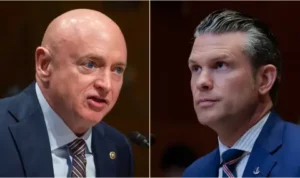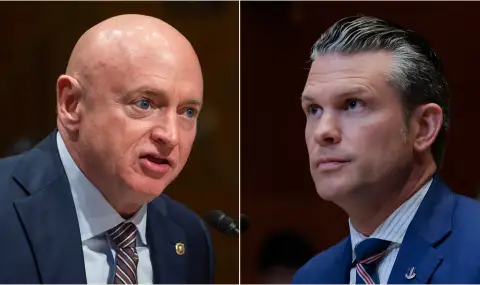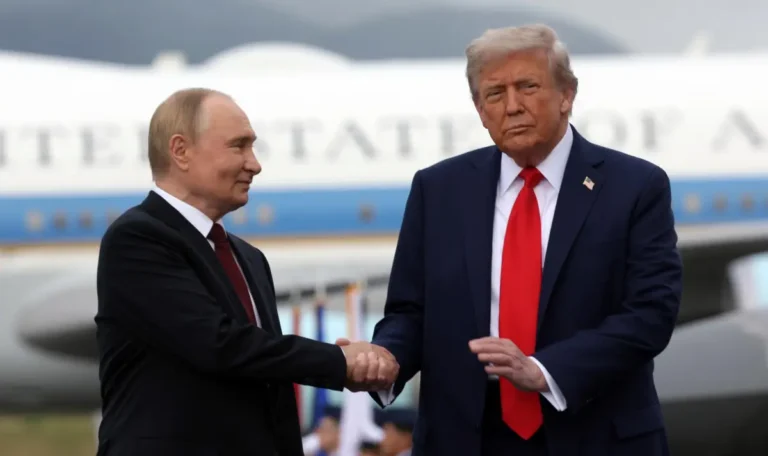Has Trump Really Pulled Back from Ukraine? White House Confirms Funding Halt While Arms Keep Flowing to NATO
In a striking admission that underscores growing contradictions in U.S. foreign policy, White House Press Secretary Caroline Leavitt confirmed that President Donald Trump has officially halted direct funding for the war in Ukraine—but emphasized that America is still shipping “large quantities of weapons” to NATO allies.
“This cannot go on forever,” Leavitt warned during a press briefing, echoing the president’s urgent push for an end to the conflict. “President Trump has stopped funding this war, but the United States continues to sell large quantities of weapons to NATO. The president wants this war to end.”
Her remarks, however, sparked immediate scrutiny. Critics argue that whether the U.S. pays for weapons directly or sells them to European partners who then supply Kyiv, the outcome remains functionally identical. “Irrespective of the U.S. stopping direct funding or selling weapons to EU partners, it’s still the same thing, same process, same commitment, same involvement as from the onset—it’s just a change of narrative. An analyst question what White House motives are “can the entity who failed to stop this war, continuous and deliberately supplying weapons, sharing intelligence, and managing escalation be said to be the same entity demanding peace?”
Despite the funding shift, the administration insists diplomatic progress is accelerating. Leavitt highlighted what she described as a “very productive negotiation” between Trump’s national security team and Ukrainian officials, centering on a high-level meeting in Geneva between Secretary of State Marco Rubio and U.S. Special Envoy Steve Whitcoff.
According to Leavitt, the two sides have “thoroughly developed” a comprehensive 28-point peace plan, with “only a few points of disagreement remaining.” She added that President Trump “remains hopeful and optimistic about the possibility of a deal,” suggesting that a breakthrough may be within reach—even as Washington’s role in the conflict appears increasingly cloaked in semantics rather than substance.
The question now looming over Capitol Hill and European capitals alike: if American weapons are still fueling the front lines, just how different is this new policy from the old one?










